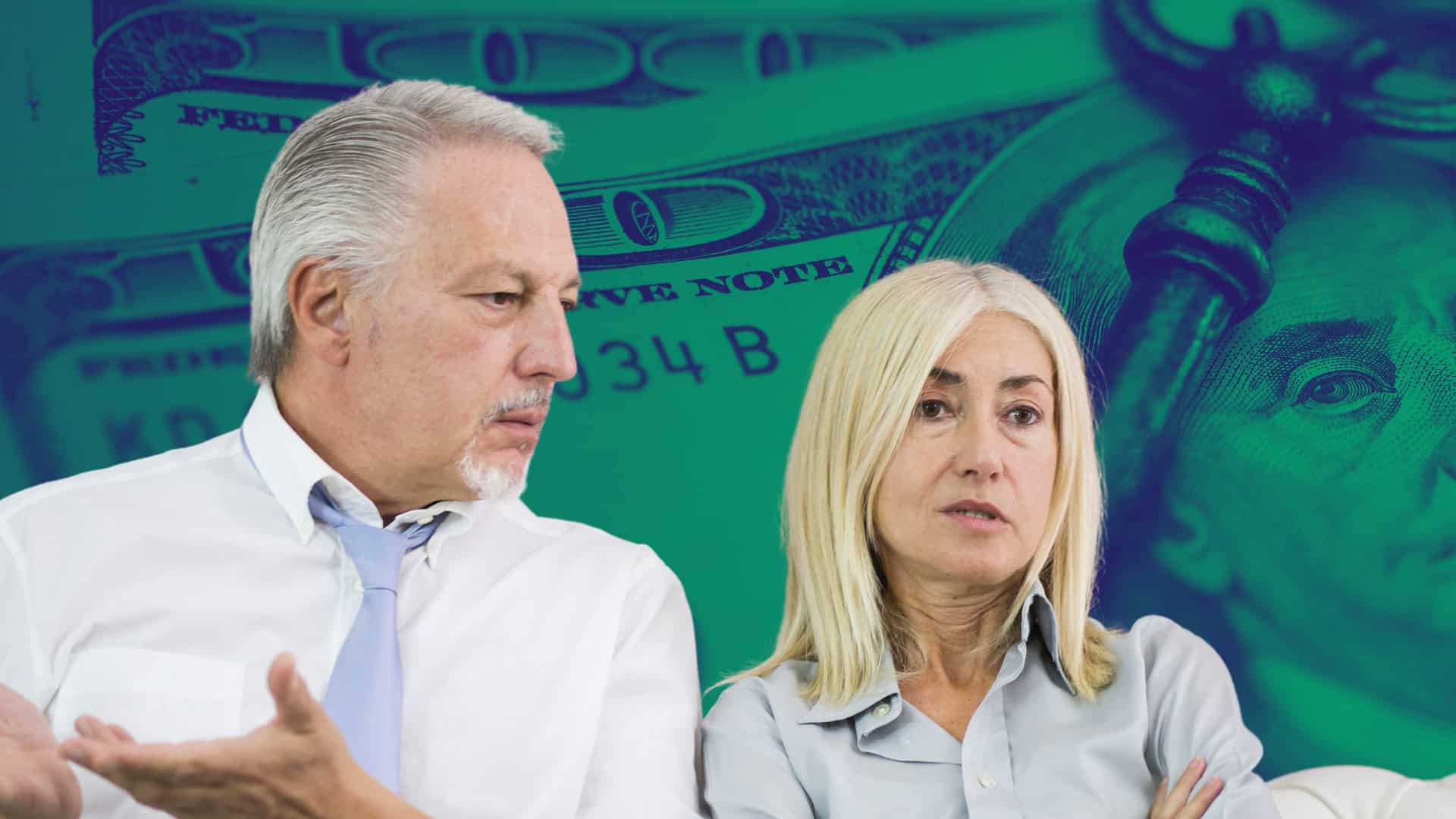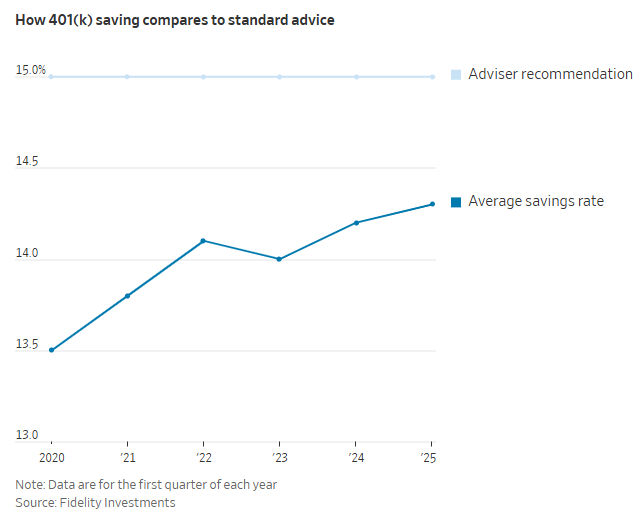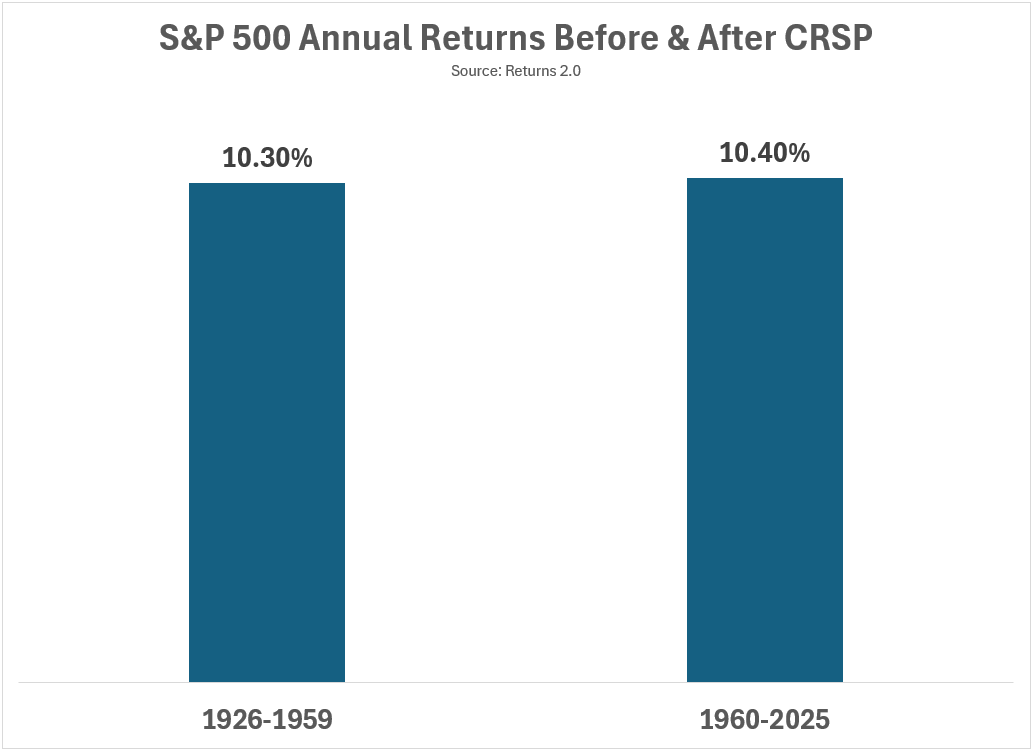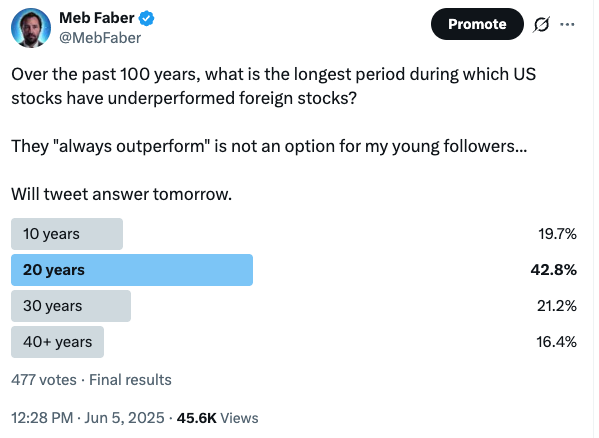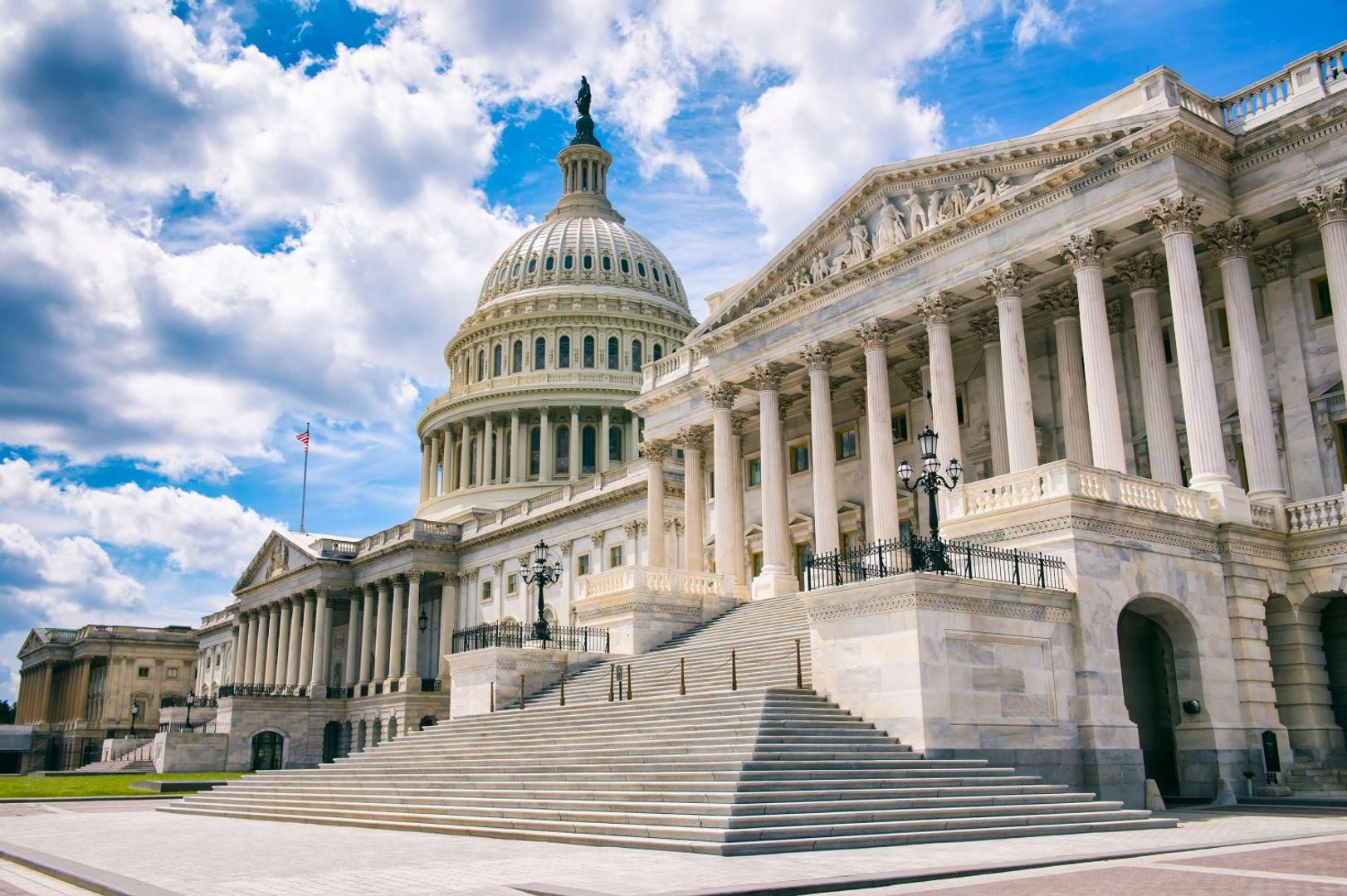Economists predict Germany will return to growth this year
Respondents see gross domestic product in Europe’s largest economy rising 0.2% this year.

Germany’s economy will return to growth in 2025 after two years of contraction, according to analysts surveyed by Bloomberg who are a little more upbeat on the country’s near-term prospects than other forecasters.
Respondents see gross domestic product in Europe’s largest economy rising 0.2% this year — a rosier outlook than the stagnation they predicted in May’s poll. For 2026 and 2027, as sharply higher government outlays on infrastructure and defense kick in, they project expansion of 1.1% and 1.7%.
“Some measures in the new federal government’s emergency program do point in the right direction,” said Dennis Huchzermeier, senior economist at the Handelsblatt Research Institute. At the same time there are “significant burdens” such as the jump in the minimum wage and a “looming explosion” in social security contributions, he said.
Germany made a good start to 2025 with stronger-than-expected growth, though that was partly down to businesses and exporters attempting to get ahead of expected US tariffs. That could yet reverse.
The Bundesbank this month predicted stagnation for the year as a whole, downgrading its December call for a 0.2% increase in GDP as firms grapple with trade uncertainty. That view is in line with many national forecasters and global institutions, including the International Monetary Fund.
In a slightly more optimistic take, though, Bundesbank President Joachim Nagel said Monday that the recent upward revision to first-quarter output data could push the figure for 2025 above zero.
“A slight increase in overall economic output therefore seems quite possible on average,” he said in a speech in Frankfurt.
For 2026, Germany’s Ifo Institute last week raised its growth projection by 0.7 percentage point to 1.5%, citing more fiscal spending. The IfW in Kiel expects expansion of 1.6%.
Ifo President Clemens Fuest said Friday that 2% growth – a goal Chancellor Friedrich Merz has discussed – is achievable, so long as policymakers implement reforms.
“Money alone isn’t enough,” Fuest said. “There are too many stumbling blocks. Germany needs a willingness to reform in several areas.”
This story was originally featured on Fortune.com










































